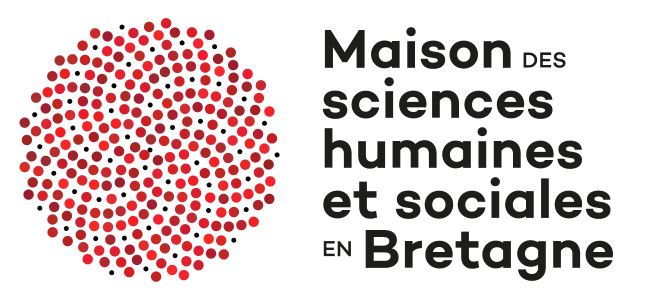Projet labellisé dans le cadre de l'appel à projets "incubation interdisciplinaire"
Résumé
Né en 1923 sous l’impulsion d’un aréopage d’érudits, le Musée Préhistorique Finistérien (MPF) à Penmarc’h (Finistère) est désormais fermé, faute de relais locaux pour en assurer le développement. Le projet Reset-MPF se propose de poser les bases de la création d’un modèle numérique du musée à parcourir par la réalité augmentée, permettant au public et aux chercheurs de visiter gratuitement et à distance les collections d’origine en intégrant des données expertes, mais ouvrant aussi sur certains sites archéologiques distants et les paléoenvironnements par la réalité virtuelle. Ce projet autorise aussi à porter un nouveau regard réflexif sur la constitution des collections et des savoirs sur le passé régional. Il comprend trois axes : 1. Sauvegarde et valorisation du patrimoine du MPF, tant ses collections que les nombreux monuments disposés autour du bâtiment ; 2. Partage des connaissances et valorisation de la recherche ; 3. Dynamisation de l’étude scientifique des collections (mise en contexte archéologique, expertise des mobiliers, histoire des collections, des acteurs et des pratiques de collectes en préhistoire). Le consortium qui porte le projet Reset-MPF couvre quatre domaines scientifiques que nous proposons de connecter étroitement : archéologie, paléoenvironnement, épistémologie et informatique. Il définira les contours et principales structures d’un plus ample projet appuyé sur des subsides européens ou régionaux.
Born in 1923 under the impetus of a group of scholars, the Musée Préhistorique Finistérien (MPF) in Penmarc'h (Finistère) is now closed due to a lack of local support to ensure its development. The transfer of its collections to a State repository should not mean the death of this museum space: the Reset-MPF project proposes to create a digital model of the museum to be explored through augmented reality, allowing the public and researchers to visit the original collections free of charge and at a distance by integrating expert data, but also opening up to certain distant archaeological sites and paleoenvironments through virtual reality. This project also allows a new reflexive look at the constitution of collections and knowledge about the regional past. It has three main lines of action: 1. safeguarding and enhancing the MPF's heritage, both its collections and the many monuments around the building; 2. sharing knowledge and enhancing research; 3. revitalising the scientific study of the collections (putting them into an archaeological context, expertise of the artefacts, history of the collections, of the actors and of the collection practices in prehistory). The team that supports the Reset-MPF project covers four scientific fields that we propose to connect closely: archaeology, paleoenvironment, epistemology and computer science. It will define the contours and main structures of a larger project supported by European or regional subsidies.
Marie-Yvane Daire Archéologie UMR 6566 CReAAH | Elias Lopez-Romero Archéologie Autre / étranger | Nathalie Richard Histoire contemporaine UMR 9016 - TEMOS |
Catherine Gorlini Documentation UMR 6566 CReAAH | Elena Paillet Préhistoire UMR 6566 CReAAH | Nicolas Naudinot Préhistoire UMR 7264 CNRS CEPAM |
Dominique Marguerie Paléo-écologie UMR 6553 ECOBIO | Marion Lemaire Ecologie, Archéologie, Musée Université de Rennes 1 | Olivier Kayser Préhistoire Service Régional de l'Archéologie |
Christian Lioto Muséographie Comité de soutien du MPF | Valérie Gouranton Informatique/humanités numériques INSA Rennes, IRISA-Inria | Muriel Mélin Archéologie UMR 6566 CReAAH |
Francis Bordas Archéologie UMR 5608 TRACES (Toulouse) | Clément Nicolas Archéologie UMR 8215 Trajectoires (Paris) | Sylvie Boulud Archéologie UMR 6566 CReAAH |
